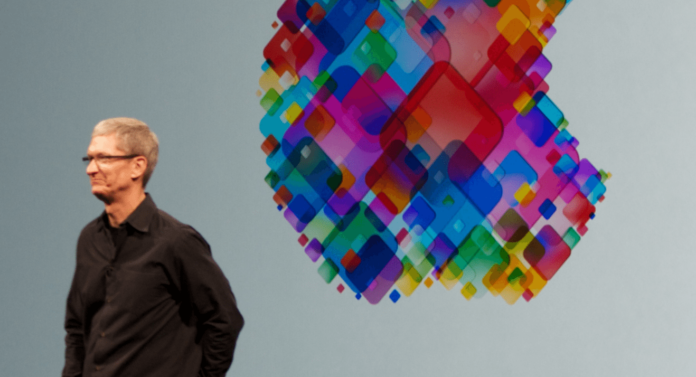Update, Feb. 18: Apple gets support from tech community including Google CEO, WhatsApp founder, Microsoft
After Apple CEO Tim Cook explained his rationale for refusing an FBI request to create a backdoor into Apple’s iOS, support for the move came in from other heavyweights in the tech community.
Google CEO Sundar Pichai addressed the issue in a series of five tweets: “We know that law enforcement and intelligence agencies face significant challenges in protecting the public against crime and terrorism. We build secure products to keep your information safe and we give law enforcement access to data based on valid legal orders. But that’s wholly different than requiring companies to enable hacking of customer devices [and] data. Could be a troubling precedent. Looking forward to a thoughtful and open discussion on this important issue.”
WhatsApp Founder Jan Koum shared Cook’s letter on Facebook and added some commentary.
“I have always admired Tim Cook for his stance on privacy and Apple’s efforts to protect user data and couldn’t agree more with everything said in their customer letter today. We must not allow this dangerous precedent to be set. Today our freedom and our liberty is at stake.”
Microsoft is a founding member of the Reform Government Surveillance advocacy group, which also put out a statement without specifically name-checking the Apple/FBI situation.
“Reform Government Surveillance companies believe it is extremely important to deter terrorists and criminals and to help law enforcement by processing legal orders for information in order to keep us all safe. But technology companies should not be required to build in backdoors to the technologies that keep their users’ information secure. RGS companies remain committed to providing law enforcement with the help it needs while protecting the security of their customers and their customers’ information.”
Tech giants and governmental entities seem to be reaching an impasse regarding facilitated access to otherwise private, encrypted data. The latest wrinkle involves Apple vowing to not provide the FBI with access to one of the San Bernardino shooters’ phones.
On Dec. 22, married couple Syed Rizwan Farook and Tashfeen Malik allegedly killed 14 people and injured another 22 in a terrorist attack focused on the San Bernardino Department of Public Health’s holiday party. The FBI regards the duo as “homegrown violent extremists” that were radicalized through online activities.
This week a California magistrate judge ordered Apple to disable a feature that clears any data stored on the device after the incorrect password is entered 10 times; removing that feature would allow investigators to pursue brute force access without compromising data.
Apple CEO Tim Cook posted a “customer letter” addressing the situation on Feb. 16.
“We were shocked and outraged by the deadly act of terrorism in San Bernardino last December. We mourn the loss of life and want justice for all those whose lives were affected. The FBI asked us for help in the days following the attack, and we have worked hard to support the government’s efforts to solve this horrible crime. We have no sympathy for terrorists.
“When the FBI has requested data that’s in our possession, we have provided it. Apple complies with valid subpoenas and search warrants, as we have in the San Bernardino case. We have also made Apple engineers available to advise the FBI, and we’ve offered our best ideas on a number of investigative options at their disposal.
“We have great respect for the professionals at the FBI, and we believe their intentions are good. Up to this point, we have done everything that is both within our power and within the law to help them. But now the U.S. government has asked us for something we simply do not have, and something we consider too dangerous to create. They have asked us to build a backdoor to the iPhone.
“Specifically, the FBI wants us to make a new version of the iPhone operating system, circumventing several important security features, and install it on an iPhone recovered during the investigation. In the wrong hands, this software — which does not exist today — would have the potential to unlock any iPhone in someone’s physical possession.
“The FBI may use different words to describe this tool, but make no mistake: Building a version of iOS that bypasses security in this way would undeniably create a backdoor. And while the government may argue that its use would be limited to this case, there is no way to guarantee such control.”

